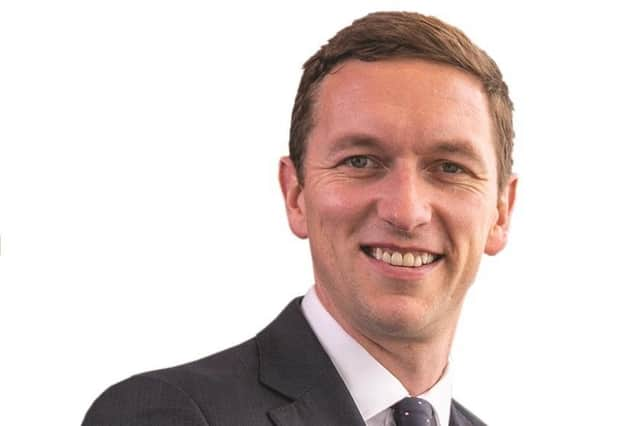AAB Wealth: stay on course for pension savings aim


Professional golf is a sport awash with money. The top stars earn millions. Tiger Woods, surely the world’s most famous golfer, has earned more than US$120 million from his PGA tour career alone. Most of the sport’s big hitters can expect to be millionaires when they retire.
But this year, a rival tournament – the Saudi Arabia-backed LIV Golf tour – has thrown the sport into chaos. The megabucks on offer have tempted in some of golf’s biggest names, including major winner Phil Mickelson.
With already incredibly rich players now chasing even bigger pots of cash (even when it means they are barred form prestigious events like the Ryder Cup), it raises the question: “How much is enough?”


Do I have enough?
Your average saver will often ask themselves a question very similar to this, albeit with a slightly differentslant – for them it’s: “Will I have enough?”
When will I have enough money to finally get off the treadmill?
Will I have enough to comfortably stop working, or do I need to worry about my funds running out further down the line?
If I sell my business now, will I have enough to enjoy retirement?
The average saver might not be chasing a multi-million-dollar payday like LIV golfers but, whatever they’re planning, there’s often a nagging doubt that what they’ve put aside won’t be enough to pay for it all.
The trouble is this is that many people run the risk of working for longer than they need to and missing out on the chance to enjoy their freedom sooner.
That’s where we at AAB Wealth come in – our main role as financial advisors is helping people see what they really want from life, and then helping them to achieve this financially.
Often, we are able to show them they have more money than they think. If they don’t, then we can pinpoint when and by how much they will experience the shortfall and create a strategy to help them counter it.
Cashflow modelling – financial advice in practice
Cashflow modelling is a great example of how we do this. It is a basis for discussion and helps show the areas you need to focus on in your financial planning.
It enables us to look your cashflow, what you spend on the essentials, and your total expenditure – and to see how these will rise in the future with inflation. We can then overlay that with the value of your pension, home and other assets. This helps us to see if there is going to be a shortfall in later years – this is the area we would focus on to help you plan the next steps.
It’s going to be ok
So, let’s think back to that initial question, how much is enough? The answer will be different for each of us and that’s really the point. To make investing meaningful, it needs to relate to your own personal goals. In other words, think about what you want the money for, before thinking about the money itself.
Otherwise, you risk staying on that treadmill, working longer than you need to – and perhaps missing out on everything you’ve worked so hard to achieve.
Money for money’s sake might suit some professional sports people, but to what end?
Our job as financial planners is to help you define your retirement goals, identify what you really want to achieve from life, and create a financial strategy to get you there.
Whether that’s coming to a full stop and putting your feet up, winding down gradually – or just spending more time on the golf course.
Ian Campbell is a director and chartered financial planner at AAB Wealth.
To find out more go to www.aabwealth.uk